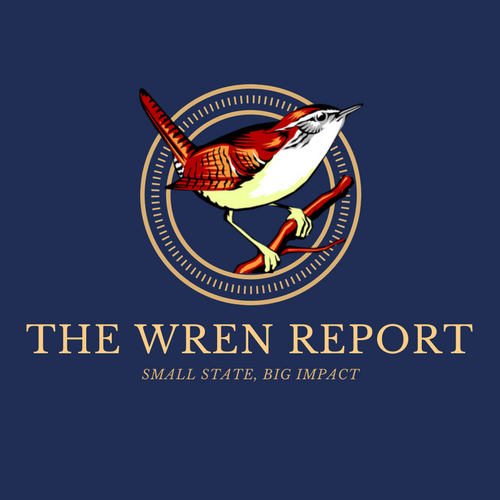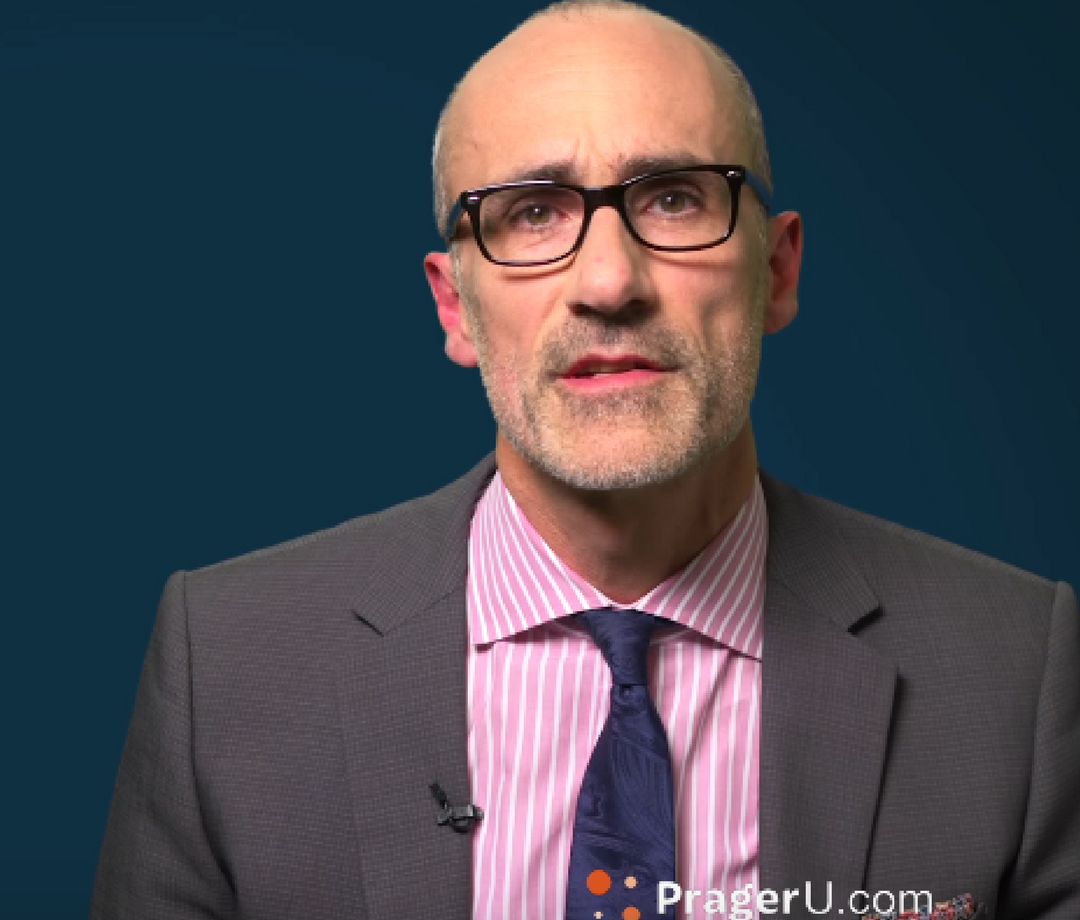SC Job Climate Snapshot: Spring 2017

According to the most recent data released by the Bureau of Labor Statistics and the SC Department of Employment & Workforce, 1,700 jobs were created in the Palmetto State in the month of April, 2017. The leisure and hospitality sector showed the most robust growth, while professional and business services shed 1,400 jobs. Currently South








